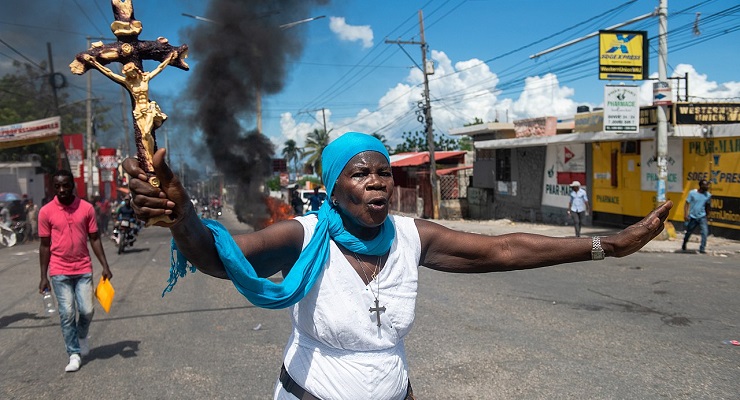
This story by Clément Jude Charles is published in Constitutionnet:
Once again, Haiti is on the way to a new constitution. The ongoing constitutional reform process initiated by the government in 2020 does not enjoy unanimous support, even if all actors recognize the need to make considerable changes to the 1987 constitution. Nevertheless, the Haitian government is pushing ahead with constitutional reform and the Independent Consultative Committee responsible for drafting the new constitution published the draft in early February 2021 for public discussion.
The constitutional reform process is juxtaposed against a political crisis that has both structural and cyclical factors. The central crisis concerns the term limit of President Jovenel Moïse, who has been ruling by decree for over a year following the dissolution of parliament at the end of its term. President Moïse was sworn into office on 7 February 2017 after the tumultuous 2015–2016 presidential elections, and insists that his five-year term runs until 7 February 2022. The opposition contends that, according to the 1987 constitution, President Moïse’s term started on 7 February 2016, when former president Michel Martelly stepped down after which an interim president took office. It is in this context that Independent Consultative Committee responsible for drawing up the new constitution published its text.
This piece illuminates the main proposed changes in the new draft through the lens of Haitian constitutional tradition. It reviews the impact of the proposed changes on the political regime in Haiti and the position of the diverse stakeholders. Finally, it identifies the prospects for constitutional reform and suggests appropriate conclusions and recommendations.
Continue reading here.
Leave a Reply